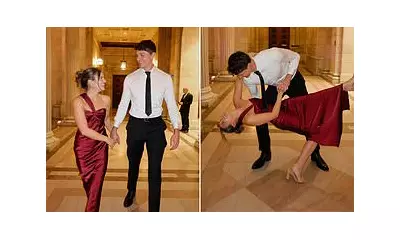
London's exclusive nightlife scene has been rocked by controversy after a prominent tycoon implemented a strict ban on reality television stars from his upscale establishment. The wealthy club owner has drawn both criticism and support for his uncompromising stance against what he describes as "chav" culture infiltrating high society venues.
The Elite Establishment's New Door Policy
The luxurious venue, known for attracting A-list celebrities and wealthy socialites, has quietly instituted a new screening process that effectively bars numerous reality TV personalities from entry. Sources close to the establishment reveal that management has been instructed to turn away individuals associated with certain popular reality programmes deemed incompatible with the club's refined atmosphere.
Social Divide Sparks Heated Debate
The controversial policy has ignited fierce discussions about class divides and social exclusion within Britain's entertainment industry. Supporters argue that private establishments have the right to curate their clientele, while critics condemn the move as blatant snobbery and class discrimination.
One insider disclosed: "The owner has made it perfectly clear that he doesn't want the place overrun with what he calls 'chav celebrities' from reality shows. He believes they damage the brand's exclusive image and drive away his traditional, more sophisticated clientele."
Reality Stars React to Exclusion
Several prominent reality television personalities have expressed outrage upon learning about the discriminatory policy. Many have taken to social media to voice their displeasure, accusing the club owner of hypocrisy and elitism.
"It's pure snobbery," one reality star commented anonymously. "We bring excitement and energy to these places, and now we're being treated like second-class citizens because we didn't come from privileged backgrounds."
The Business Impact of Selective Entry
Industry experts are divided on whether the exclusive policy will help or harm the establishment's long-term profitability. While some suggest that maintaining an aura of exclusivity could enhance the club's appeal to high-spending patrons, others warn that alienating popular reality stars might damage the venue's relevance in today's celebrity-driven culture.
The controversy highlights ongoing tensions within London's competitive nightlife industry, where the balance between maintaining exclusivity and remaining culturally relevant remains a constant challenge for venue owners.





